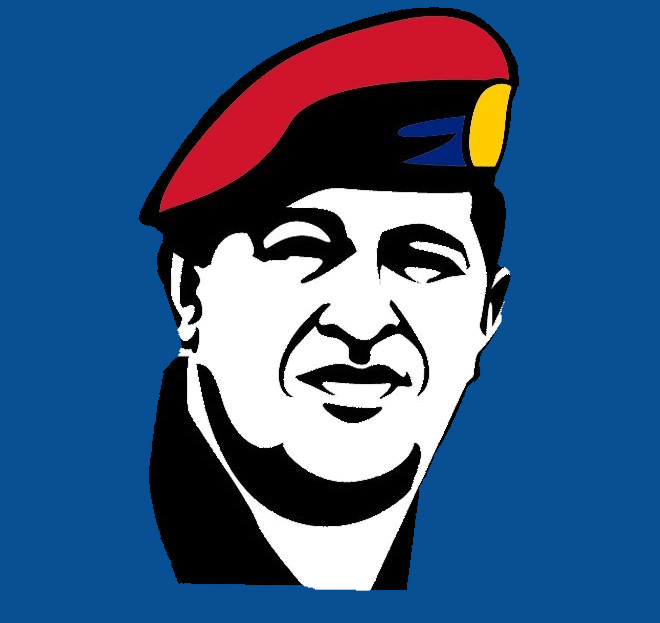Government Control & Individual Freedom
Newspapers
U.S. newspapers such as the New York Times and the Washington Post tended to describe substantial control by Chavez when reporting on silencing reporters and other Chavez critics. The silencing and arrests of critics can be analyzed through Foucault’s idea of “truth.” This “suppression” and lack of accessibility to the truth is based on who holds power. In this binary opposition, the “master” is Chavez and his government, while the opposite is the Venezuelan citizens. With the government upholding the higher opposition of power, the truth is, therefore, controlled by the government. This limit of truth impacts the nation’s citizens because power is a constant struggle always exercises a cost, in which case, is the truth. Furthermore, the cost to suppressing the truth is financial, relational, or a myriad of other factors such as Venezuelan citizens’ right to free speech and openly critiquing their government.
Policy
The U.S. also had a vested interest in exporting its ideas about individual freedom to Chavez’s Venezuela. This attempt was heralded as a virtuous policy to bring enlightenment to an uncivilized nation. It also served several American political goals. The promotion of ideas of individual freedoms was accompanied by attacks on collectivism and other approaches to the concept of liberty as a communist, socialist, and leftist. These Red Scare tactics galvanized the American public and increased the U.S.’s ability to influence Venezuela. Any government control of various entities throughout Venezuela was deemed as socialist or communist and an affront to individualism and private enterprise. The promotion of these approaches would help American multinational corporations get a foothold in the Venezuelan market were they to take hold, which could potentially be worth millions of dollars. Along with its advancement of the ideals of individual freedoms, the U.S. also attacked Venezuelan restrictions on press freedom and the perceived silencing of critics.
Videos
There was significant coverage of protest in Venezuela by news stations, which is notable since it ties into the theme of American dependence on oil. Government control is viewed with the presence of the military, who is Chavez’s side. The military and national guard are presented silencing a protestor. Government control is also observed through forms that Chavez controls, but Chavez is not seen as a significant controlling actor until the silencing of critics in the media. During major strikes in 2002, protesters can protest. There is individual freedom to protest, to vote, and to make decisions. Negatives about government control are often voice-over on matters that Chavez controls, like military and police violence.
